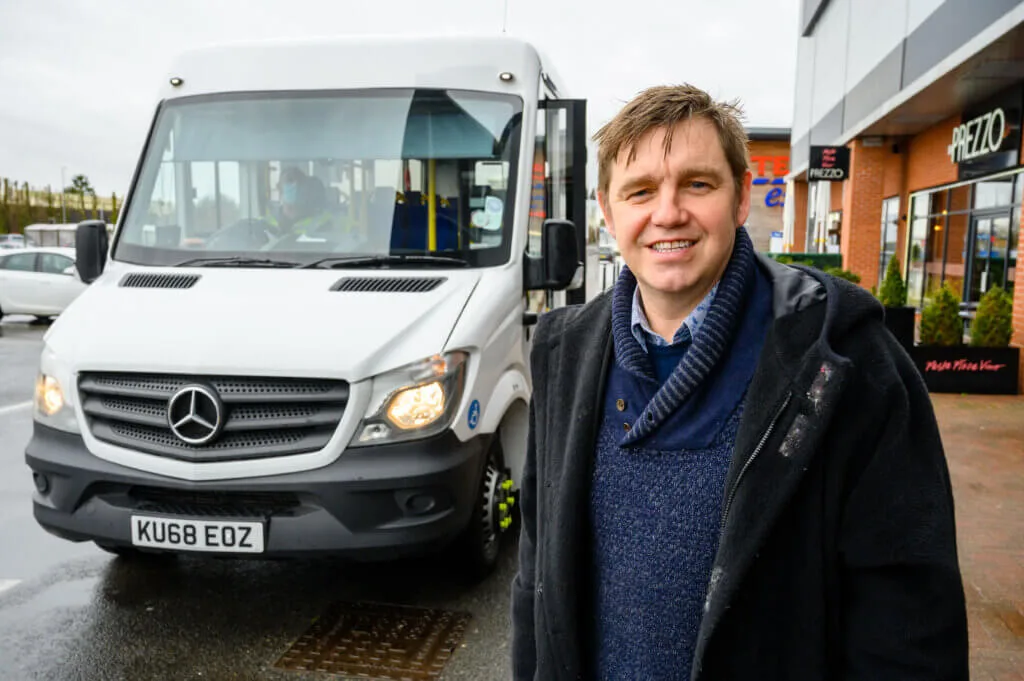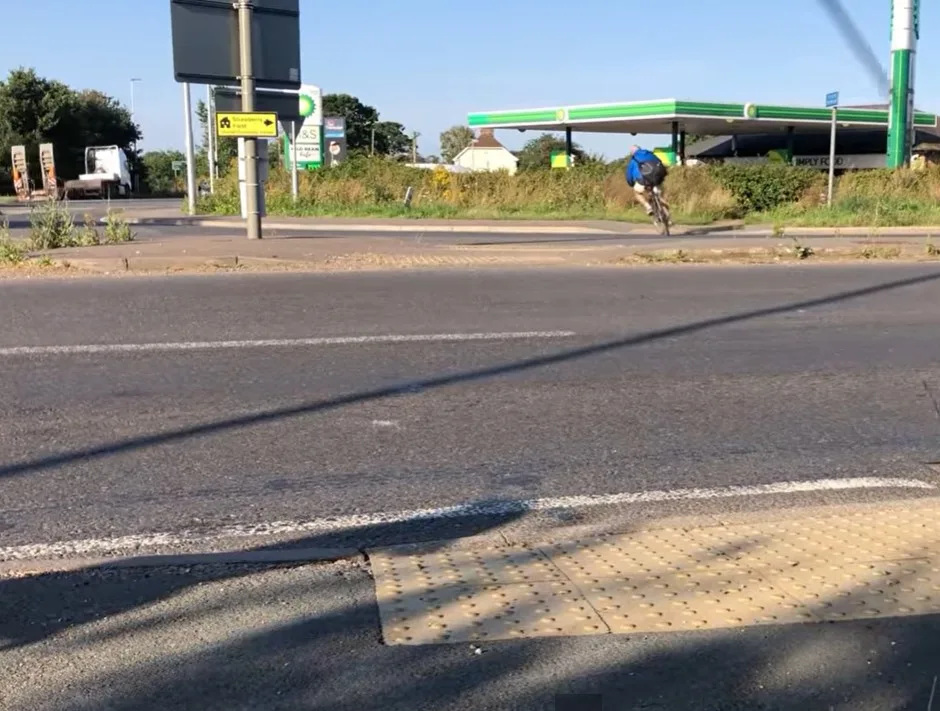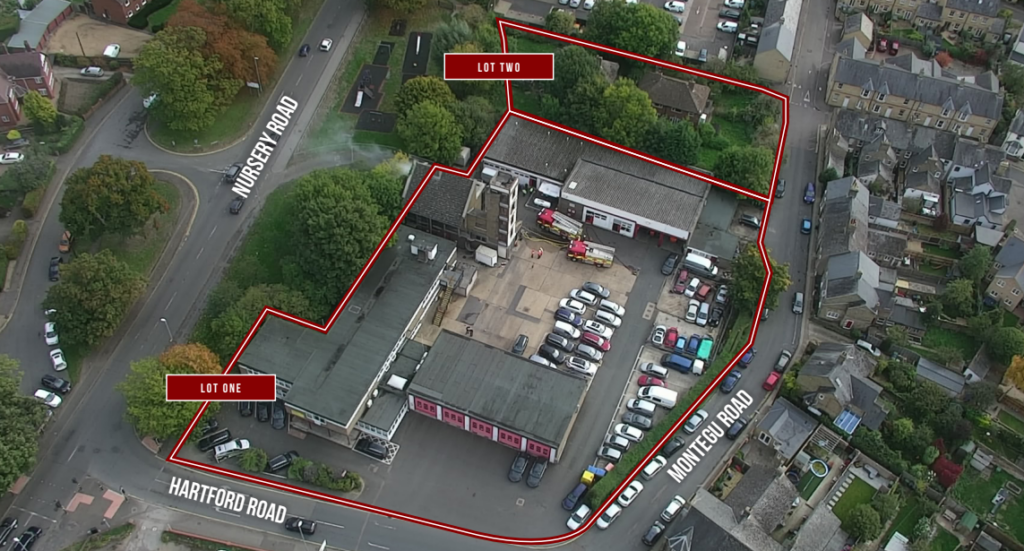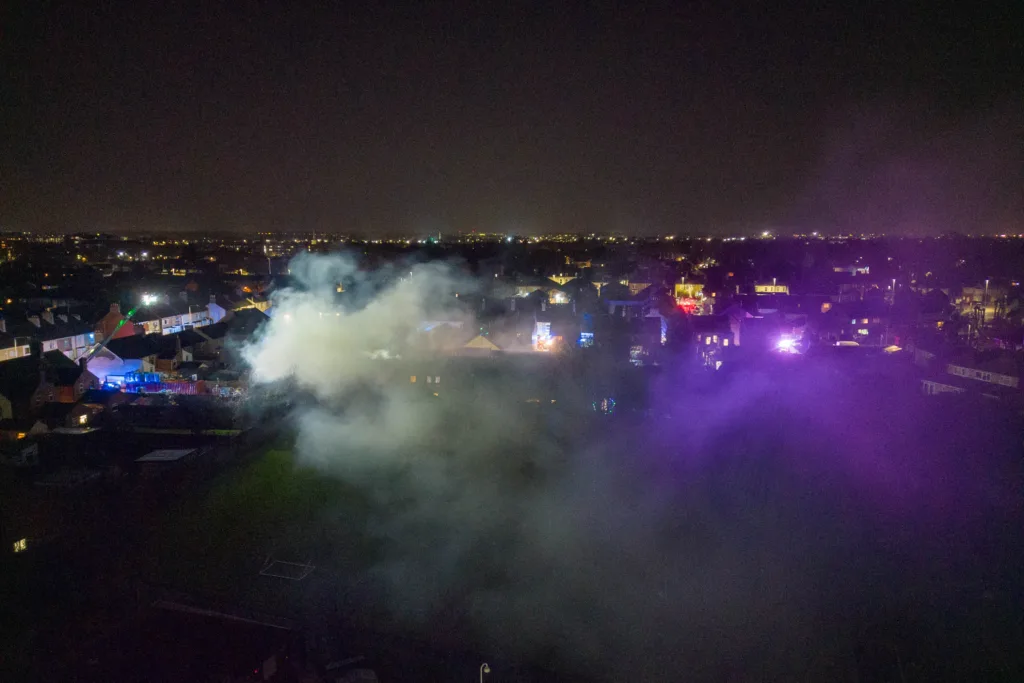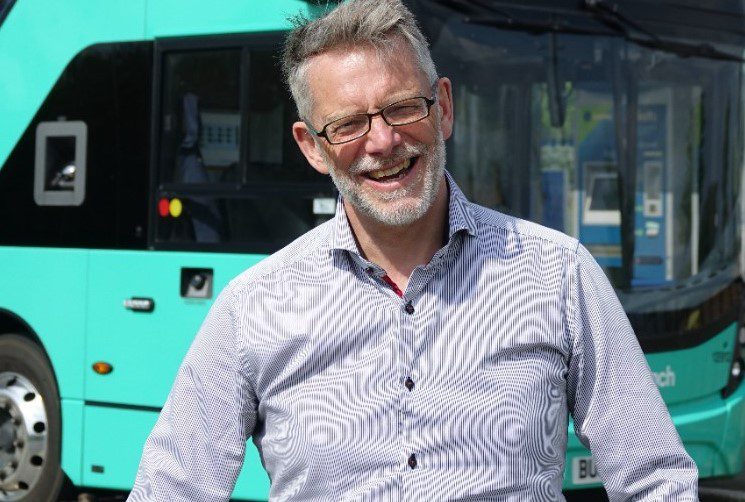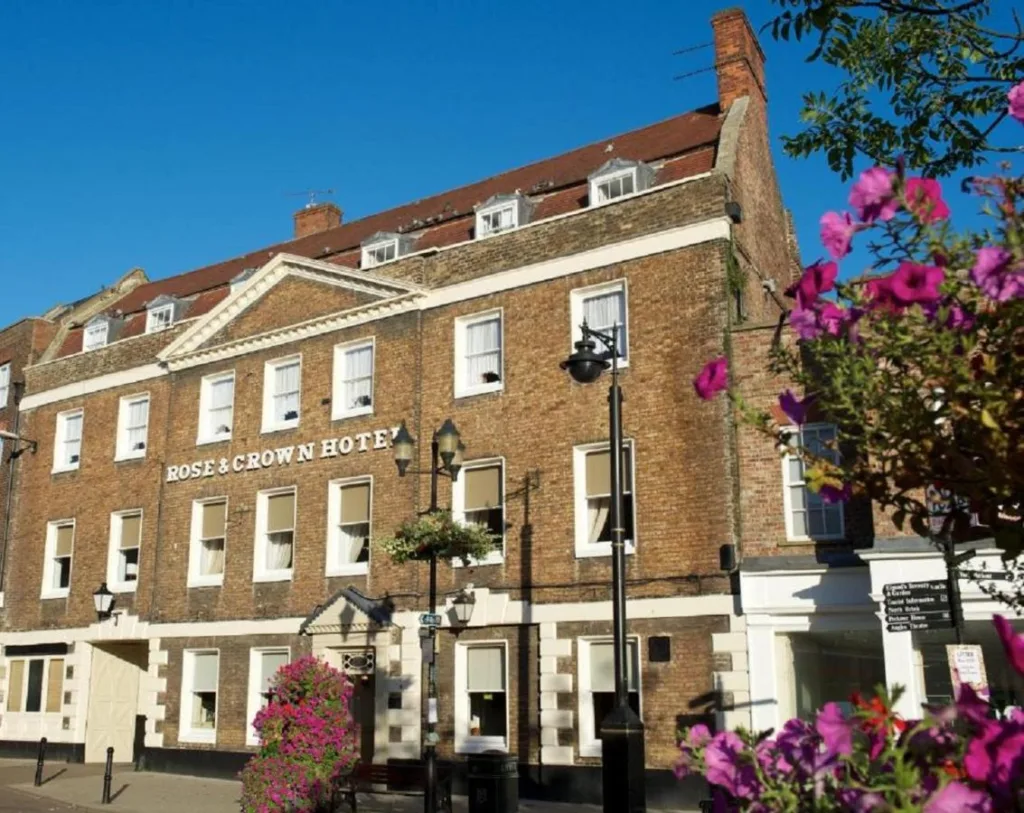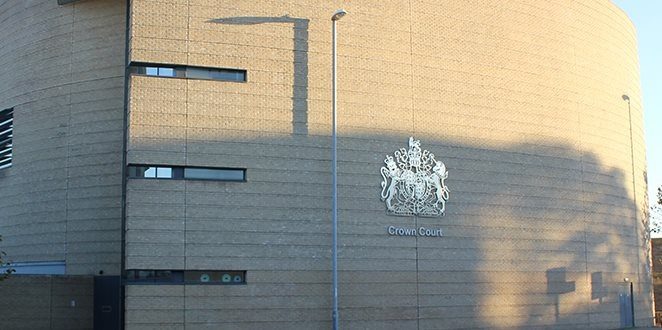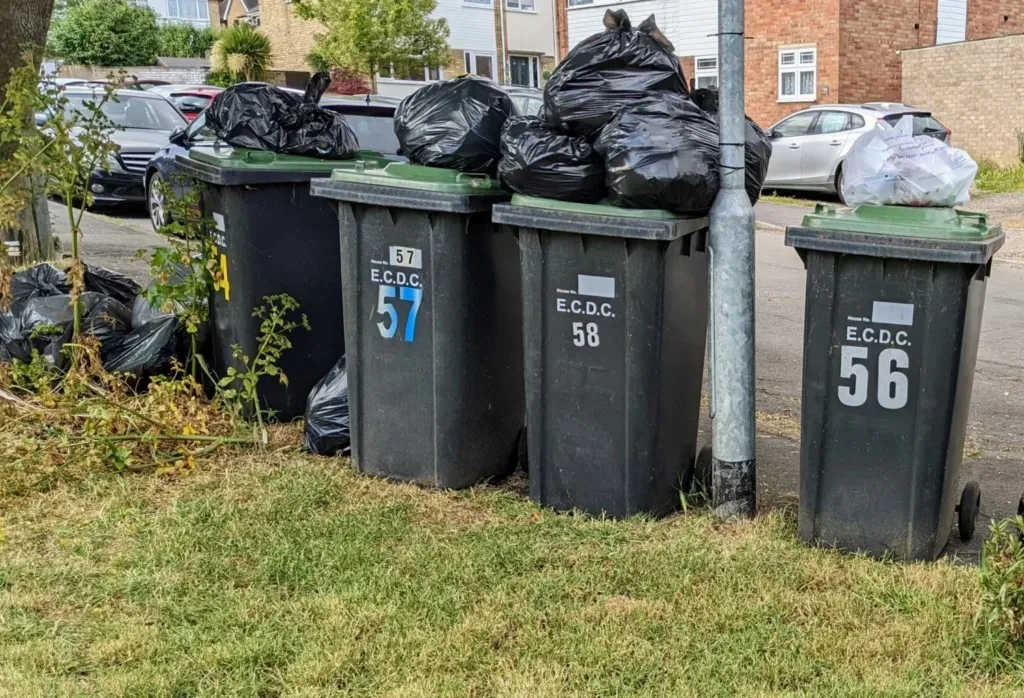Fenland has emerged as a bus travel black spot with one of the largest reductions in bus services of all areas of the country between 2008-2023. New research shows a staggering drop in bus services of 84 per cent making it the second worst part of the country.
It’s number 2 position on the list drawn up by Friends of the Earth pinpoints the disparity between Fenland and much of the rest of the country.
But other parts of Cambridgeshire have also suffered massive reductions.
Peterborough, for instance, comes in at number 18 on the list with a 75 per reduction across 2008-2023, and at number 33 is East Cambridgeshire at a 71 per cent drop – and Huntingdonshire also with a 71 per cent drop.
https://twitter.com/EdwardALeigh/status/1731949355349815554
Edward Leigh, a Cambridgeshire transport campaigner, tabulated the performances, pointing out regional disparities.
Cambridge, for instance, is in 237th place with a reduction of 36 per cent whilst South Cambridgeshire fares even better, with just a 29 per cent reduction and in position number 266 on the list.
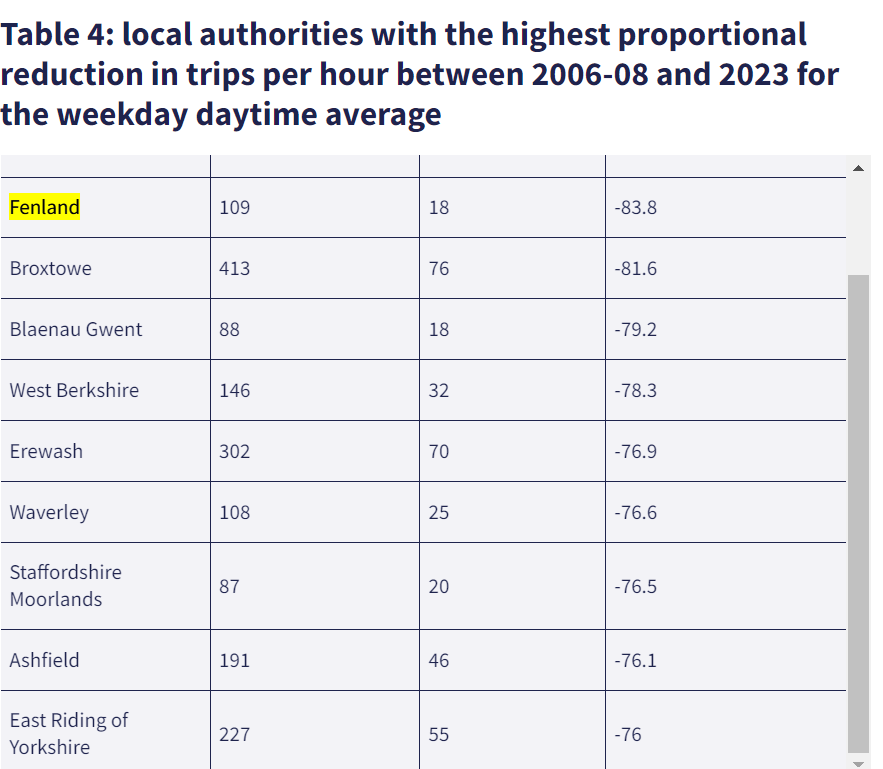
The research has been conducted by Friends of the Earth and the University of Leeds, which involved a huge and complex analysis of all available local and national timetable data in England and Wales over the last 15 years.
It shows that while London has had an almost constant level of bus provision, many other parts of the country have seen declines of more than two-thirds.
“These cuts are likely to disproportionately impact those living on low incomes, people of colour and disabled people because they are less likely to own a car, as well as people who’ve had to give up their car due to their age or health,” says Friends of the Earth.
“Unlike the rest of Britain, London bus services weren’t deregulated in the 1980s.
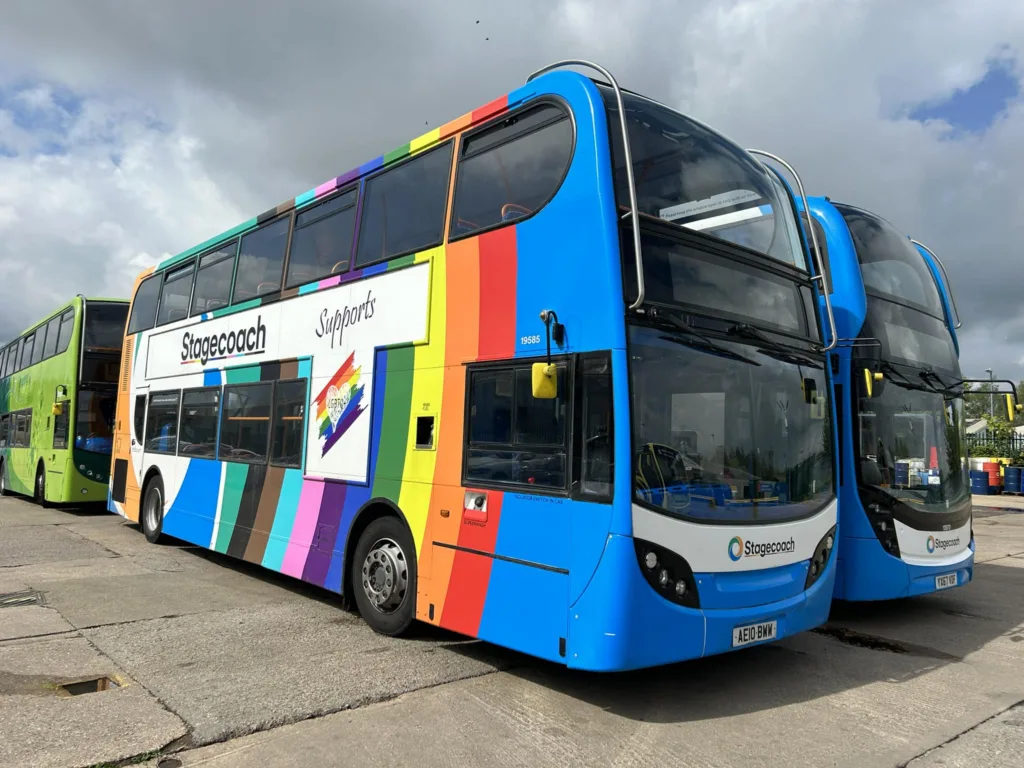
Cambridgeshire Sustainable Travel Alliance (CSTA) says it strongly supports the proposals to increase the Mayoral council tax precept to improve frequency of buses
“This means they remained a public service controlled by local government body Transport for London, which sets routes, timetables, and fares.
“Reregulating buses and additional finance are key to delivering a much-needed bus renaissance.”
What do the results show about bus cuts?
Bus services outside of London are significantly worse than they were 15 years ago. Since 2008,
- urban bus services (except London) have dropped by 48%
- rural bus services have dropped by 52%.
Friends of the Earth has created an interactive map to see how bus services have changed in each area. You can filter by neighbourhood, local authority, transport authority or Westminster constituency
The research also looked at bus service provision at a local authority level, as well as at a more granular neighbourhood level, defined as Lower Layer Super Output Areas (LSOAs). The local authority data is available to download.
The figures emerge as Mayor Dr Nik Johnson plans to raise the mayoral precept next year to fund new bus routes and more frequent bus services on existing routes.
Support from CSTA for Mayoral precept rise
Cambridgeshire Sustainable Travel Alliance (CSTA) says it strongly supports the proposals to increase the Mayoral council tax precept.
“Buses play a vital role across our region, enabling people to get to where they need to go affordably, conveniently and sustainably,” says their spokesperson.
“They connect people to jobs, schools, healthcare, leisure, family, and friends, whether or not they can drive, and allow younger and older people to get around independently. Bus services are particularly important for those on lower incomes, as bus travel is cheaper than the expense of owning, maintaining, and running a car.”
The spokesperson added: “The bus network in Cambridgeshire and Peterborough is inadequate for our region’s needs.
“Across England (outside London) bus services have suffered a sharp decline over the decades since deregulation and our region is no exception.
“According to the CPCA, the bus network has reduced by around 20% since the Covid-19 pandemic. These cuts to the network have left bus passengers with less frequent services, shorter operating hours, a lack of weekend services, and in some cases, no bus service at all.”
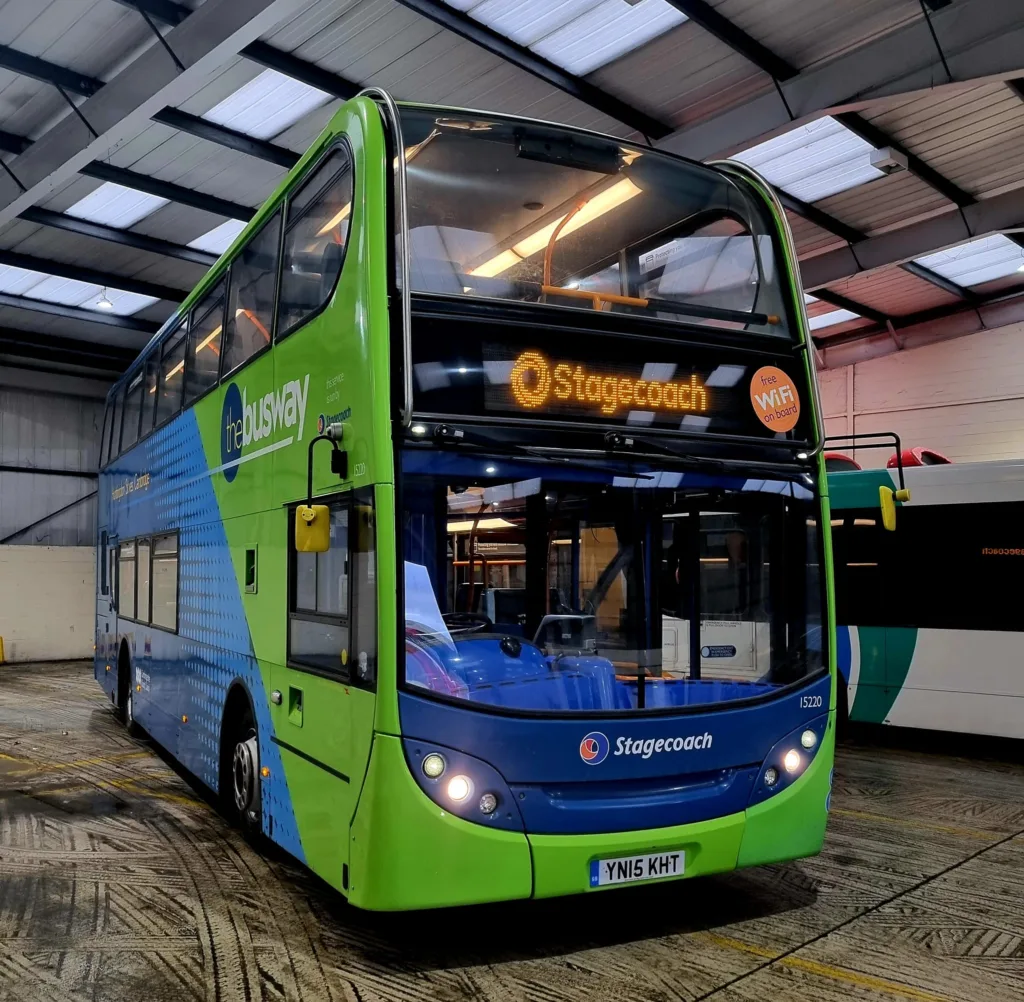
A survey of bus users the CSTA carried out in July and August 2023 highlighted problems Cambridgeshire bus users currently face.
37% of users we talked to (excluding those using Park&Ride) said their bus services were too infrequent; 44% said their services were late or unreliable.
Because of infrequent and unreliable services, people told CSTA they struggled to get their children to school, whilst others had to rely upon lifts from colleagues to get to work, and some even needed to pay for taxis to get to medical appointments.
“The lack of Sunday and Bank Holiday bus services also left some people cut off from social events,” said the spokesperson.
“As funding for buses from central government is insufficient and sporadic, the CPCA will be unable to reverse the sharp drop in bus service provision and put in place the bus network our region requires for the future without additional funding from a long-term source such as their council tax precept.
“We believe that the proposed increase in the Mayoral precept is the best first step towards reversing bus service cuts and starting to create the regional bus network we will all need for a sustainable future.”
Full Friends of the Earth findings here:
https://policy.friendsoftheearth.uk/insight/how-britains-bus-services-have-drastically-declined


